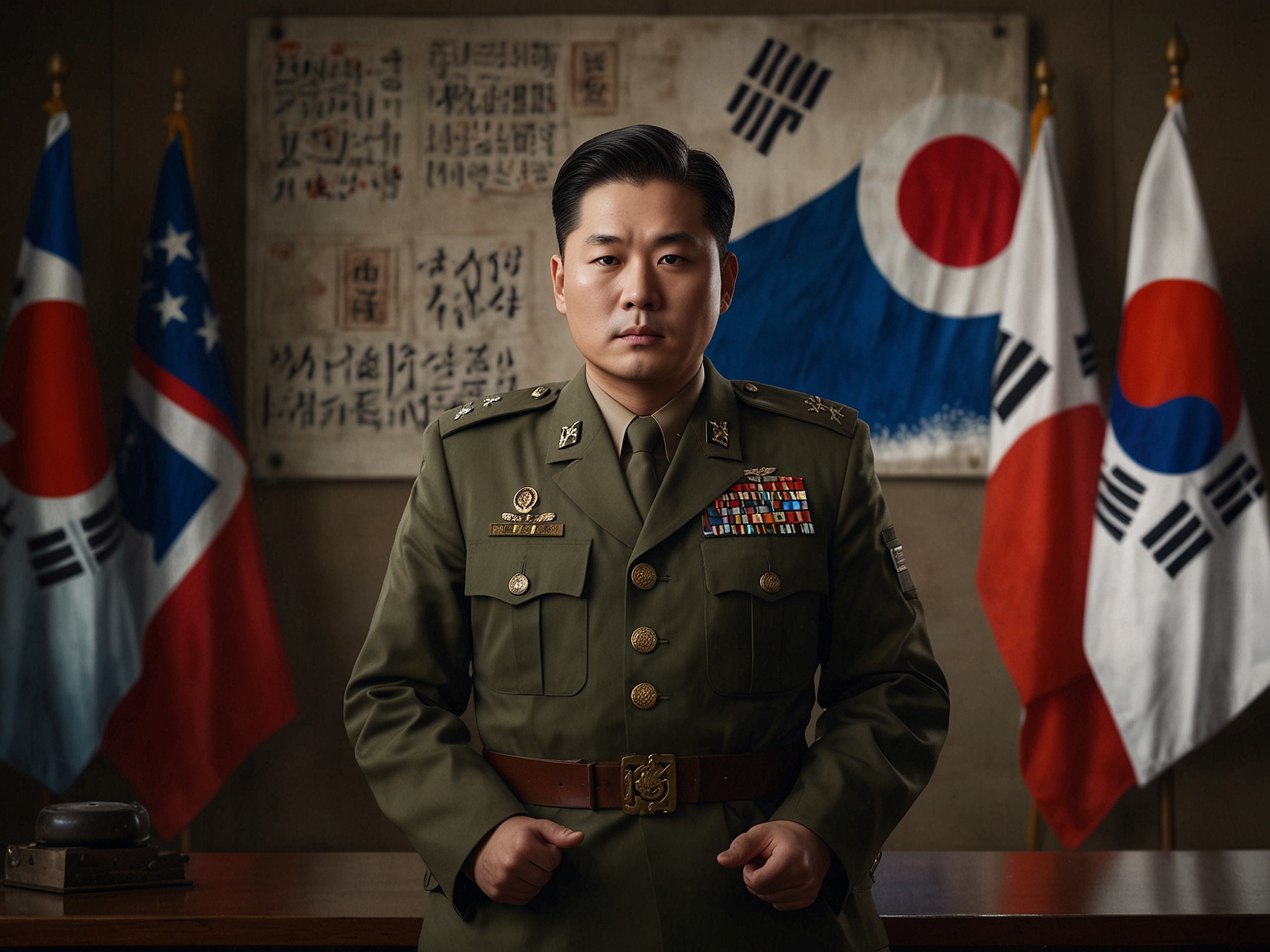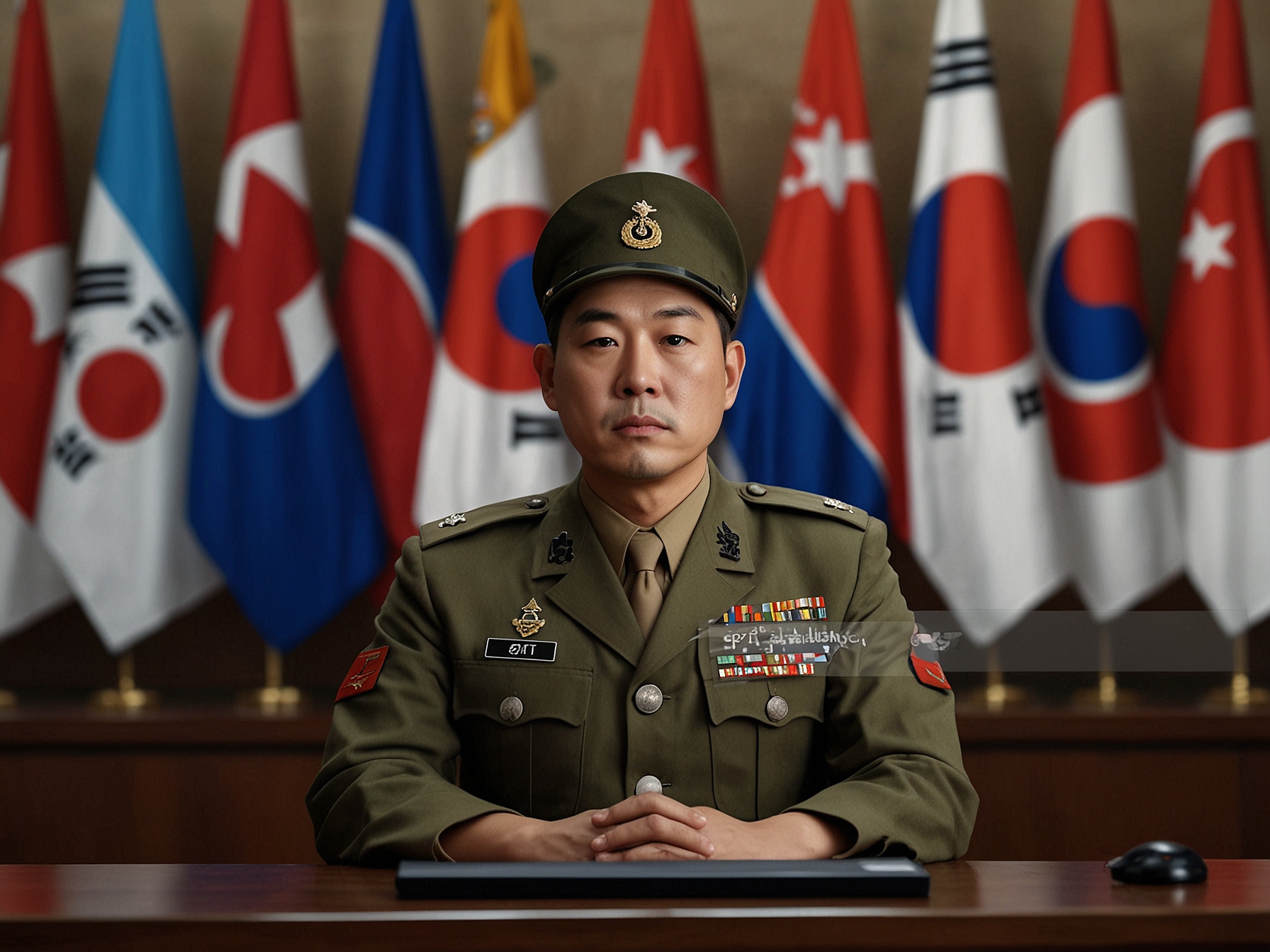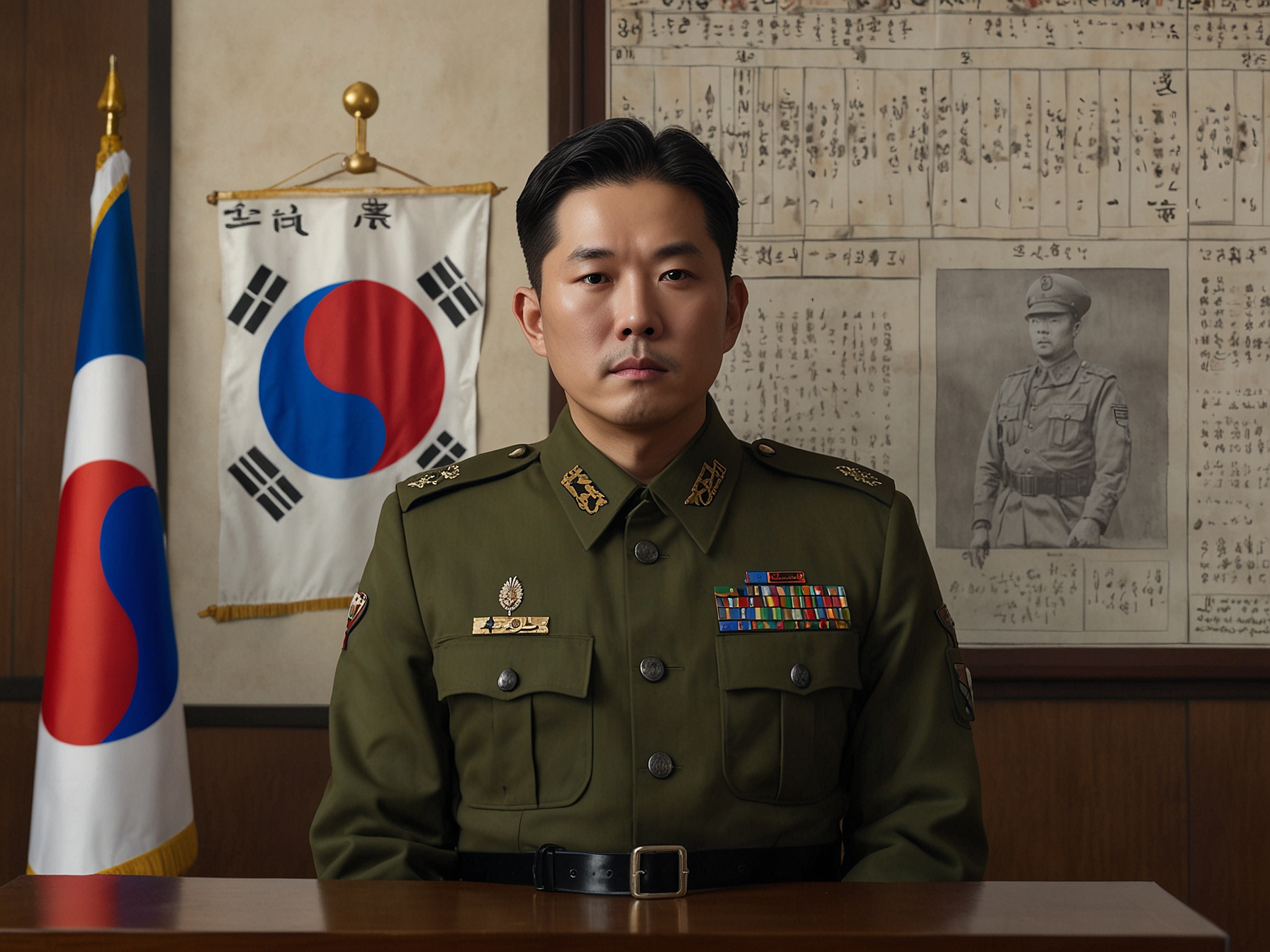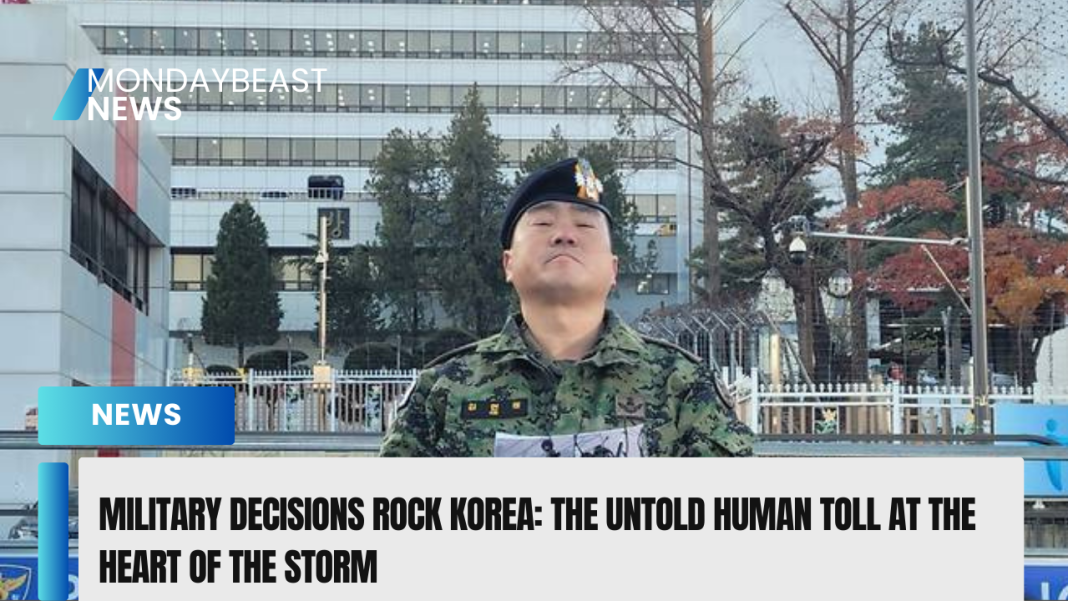In the wake of the recent emergency measures in Korea, a storm brews. Tensions between military leaders and the government have captivated public attention. But what happens when the military’s actions lead to life-or-death decisions?

A standout moment occurred recently when Colonel Kim Hyun-tae, commander of the 707th Special Mission Battalion, spoke out in a brave press conference. His words echoed a sentiment many had been feeling. He took full responsibility for the deployment of his troops, emphasizing that none of his soldiers should bear the blame.
Shouldn’t the officers at the top be accountable for the orders given? This incident shines a light on the complex web of military hierarchy and responsibility. At the heart of the controversy lies a question: when individuals are thrust into high-stakes situations, how do we determine who is at fault?

Kim’s assertion that he acted under orders from higher-ups casts a broad shadow on leadership accountability. When Kim stood before the cameras, clad in a uniform that symbolized both honor and burden, he revealed his emotions. He emphasized the soldiers’ innocence and expressed deep remorse for the pressures that led them to a point of chaos.
Does authority figure into ethical decision-making, especially in a democracy? It’s a striking reflection on how leaders react in crisis. Moreover, lawmakers like Jeong Cheong-rae call for understanding and restraint.

They’ve urged the defense ministry not to punish lower-ranked soldiers or their immediate commanders, highlighting the need for context in such decisions. Isn’t it sensible to consider the dire circumstances that drive a leader to make difficult choices? As Kim stated, he fears that punishing his subordinate officers would only add to the burden of blame that he’s decided to carry.
In his eyes, it’s clear that the fault lies not with the soldiers but with the broader military framework. With this insight, is it possible to shift how we view accountability in the military? Adding to the conversation, politicians like Park Ji-won echoed Kim’s sentiments, mentioning the emotional turmoil experienced by these officers.
He shared that Kim spoke of his tears and grief, believing that a military leader should reflect the moral compass of the organization. Can we ignore the humanity behind rank? These discussions resonate beyond Korea.
As countries throughout the world grapple with issues of military authority, public safety, and governance, we must ask ourselves: how do societies prepare their soldiers for ethical dilemmas? And how should we define accountability within the structure of a hierarchical command?
This story invites us to reflect not only on the events in Korea but also on how we approach leadership, responsibility, and the weight of choices made under pressure. As we navigate the complexities of military action and democratic accountability, one thing becomes clear: we must seek to understand the underlying human experience in these challenging narratives.




